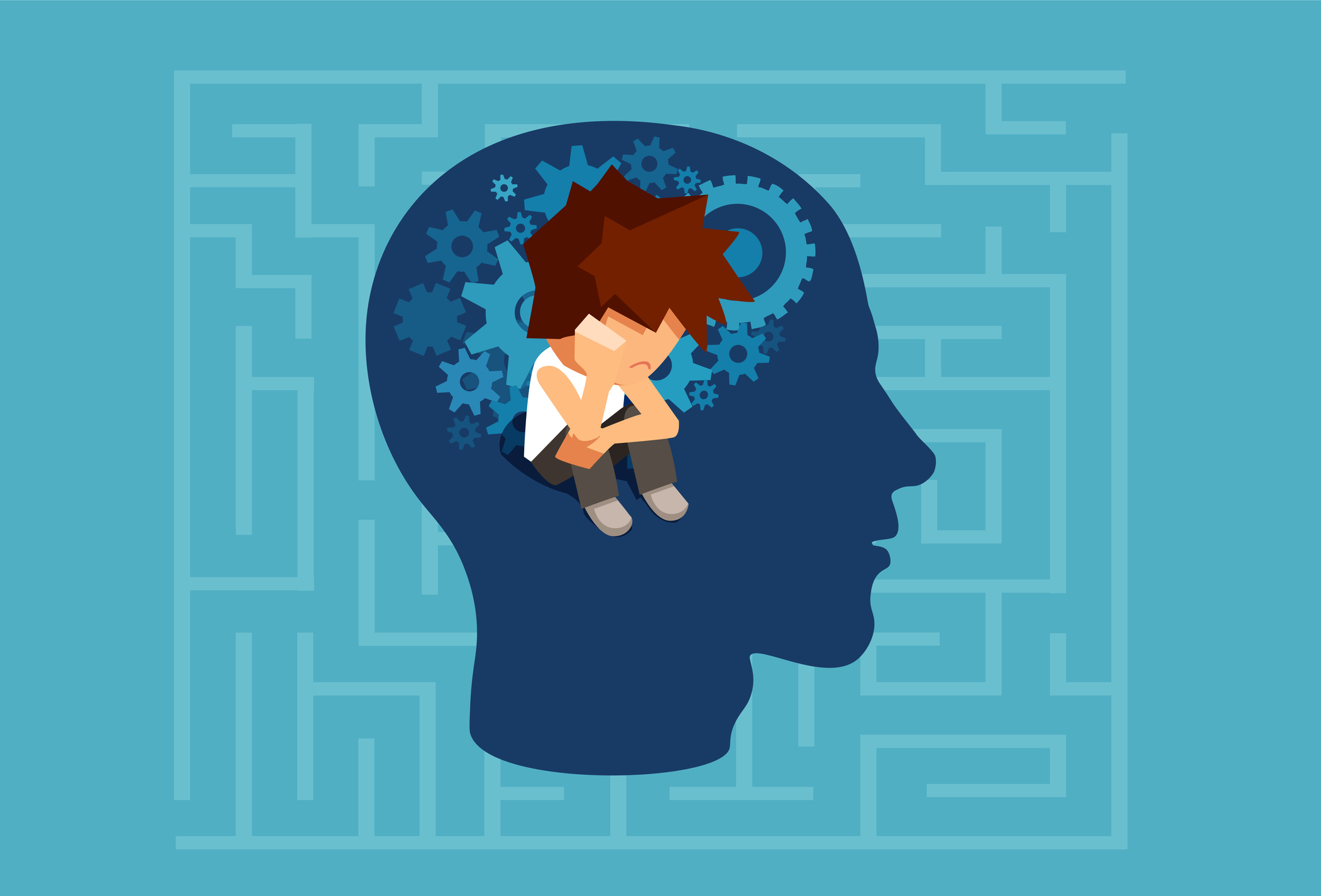Understanding The Link Between Adhd And Bedwetting: Tips For Parents
Attention Deficit Hyperactivity Disorder (ADHD) is a neurodevelopmental disorder that affects both children and adults. It is characterized by symptoms such as impulsivity, hyperactivity, inattention, and difficulty with focus. The condition can significantly affect an individual's ability to function properly in different areas of life.
The cause of ADHD is not entirely clear; however, studies suggest that genetics and environmental factors may play a role. Researchers have found differences in the brain structure of individuals with ADHD compared to those without the condition. For more information about ADHD Bedwetting, you may visit https://nobedwetting.com/addadhd-bedwetting/.
Image Source: Google
There are three main types of ADHD: predominantly hyperactive-impulsive type, predominantly inattentive type, and combined hyperactive-impulsive and inattentive type. Each subtype has its unique set of symptoms.
Children with ADHD often struggle academically due to difficulties with focus and attention span. Adults may also experience challenges at work or home due to their inability to concentrate on tasks fully.
While there is no cure for ADHD, it can be managed through various treatments such as medication, therapy, behavioral interventions, or accommodations at school or work environments.
It's essential for individuals experiencing symptoms associated with this disorder to seek a proper diagnosis from a qualified healthcare professional who specializes in mental health disorders before beginning any treatment plan.
Bedwetting, also known as nocturnal enuresis, is a common condition where a child involuntarily urinates during sleep. This can happen even if they are potty trained during the day. While it is not considered abnormal for young children to wet their beds occasionally, persistent bedwetting can be a cause of concern for parents.
There are two types of bedwetting: primary and secondary. Primary bedwetting means that the child has never been dry at night consistently. Secondary bedwetting occurs when a child who has previously been dry at night begins wetting the bed again.
